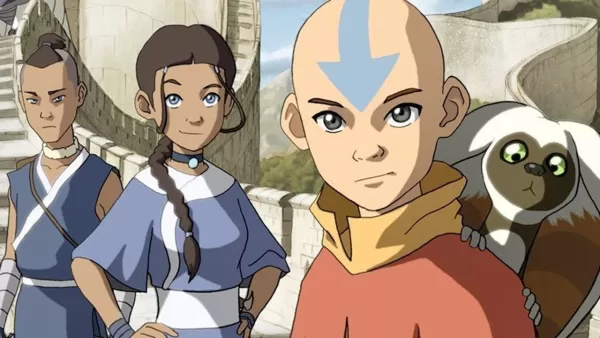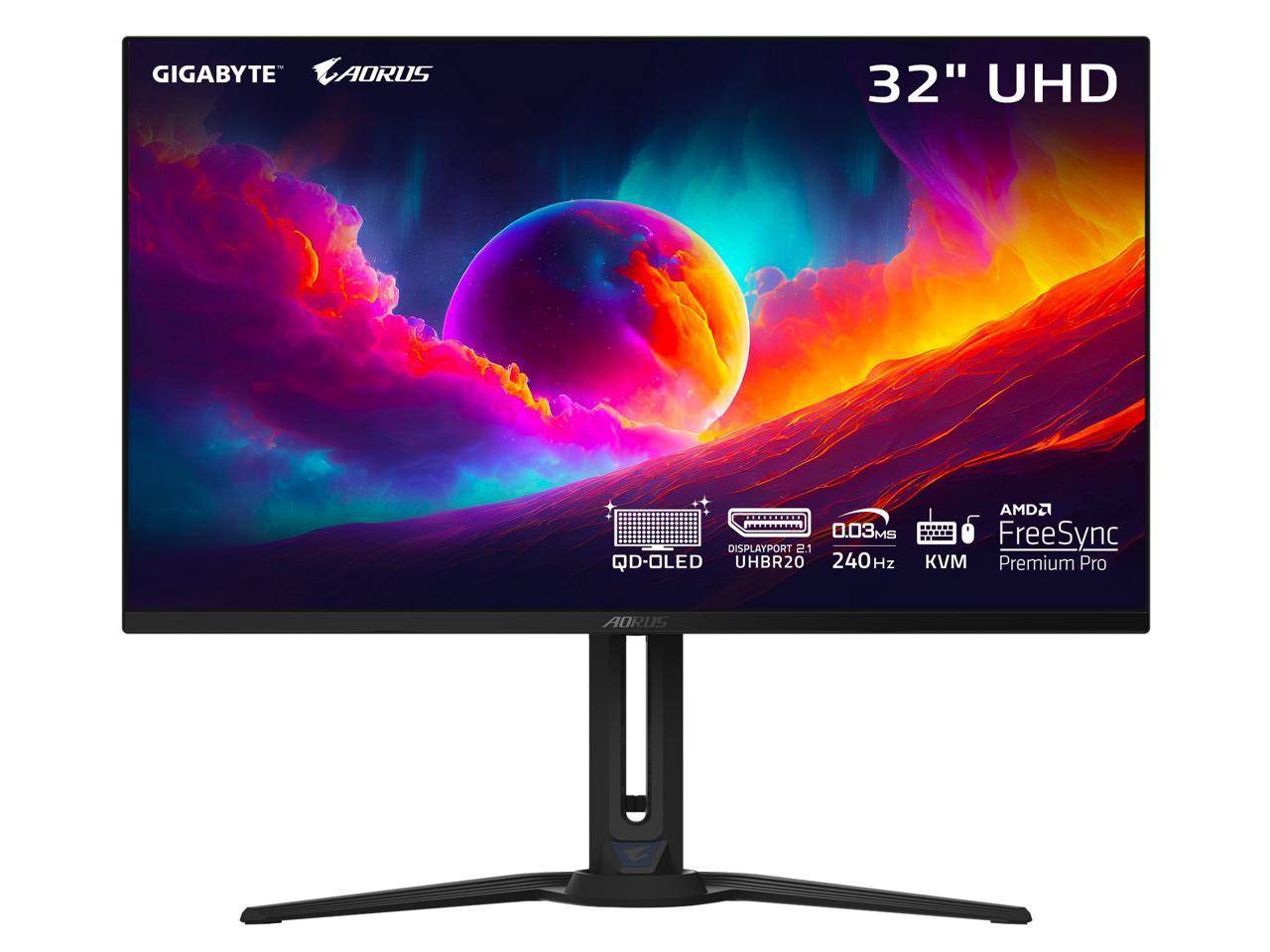
Yasuhiro Anpo, the director behind the acclaimed remakes of Resident Evil 2 and Resident Evil 4, shed light on the decision-making process that led to the revival of the 1998 classic. Anpo noted the overwhelming fan demand as the driving force, stating, "We realized: people really want this to happen." This sentiment was echoed by producer Hirabayashi, who decisively responded, "Alright, we'll do it."
Initially, the team contemplated beginning with Resident Evil 4. Yet, after thorough discussions, they recognized the game's near-perfect status among fans, making any alterations potentially risky. Consequently, the focus shifted to the earlier title, which was in dire need of modernization. To align with fan expectations, the developers delved into fan projects, gaining insights into what the community desired.
Despite Capcom's internal deliberations, the fanbase remained divided even after the successful releases of the remakes and the announcement of the next one. Many argued that Resident Evil 4, unlike its predecessors, did not require an update to the same extent. While Resident Evil 2 and Resident Evil 3, launched in the 1990s on the original PlayStation, featured outdated mechanics such as fixed camera angles and cumbersome controls, Resident Evil 4 had revolutionized the genre upon its 2005 release.
Despite these concerns, the Resident Evil 4 remake managed to capture the essence of the original while enhancing gameplay and narrative elements. The commercial triumph and glowing reviews validated Capcom's approach, demonstrating that even a game revered as nearly flawless could be respectfully reimagined with a fresh, creative perspective.



























![City Devil: Restart [v0.2]](https://img.icssh.com/uploads/38/1719554737667e52b102f12.jpg)


